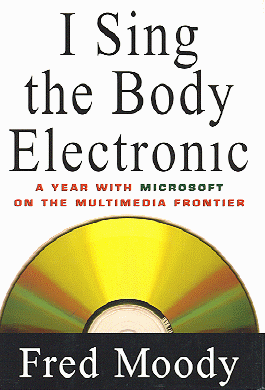
Today, the frontier is as much a marketing concept as an idea or an ideal. For example, log cabins still evoke certain ideas of independence, self-reliance, do-it-yourself: but how much of the reality of those ideas resides in a Lindal cedar house? Pacific Northwest-based retailers such as Eddie Bauer, Pendleton, Filson and REI cater to customers who want to face the challenges of natural forces: mountains, wind and storm, snow and cold, raging rivers. It is an artificial frontier in many ways; certainly there is no compelling economic reason to confront the elements, but there is perhaps an historical, psychical basis to the impulse.
In the Pacific Northwest, we have adapted our American disposition to iconize the frontier and pioneer experience of our history. We have retained some, such as the covered wagon, as symbols of past hardships overcome; we have carried others forward, idealizing the log cabin in the woods as a rural retreat from our urban lives, rather than a symbol of frontier self-reliance and agrarian independence. The frontier experience, here and now, is the ski weekend with 4-wheel drive, the summer cabin, the barbecue in the county park, a hike to Alpine Lakes.